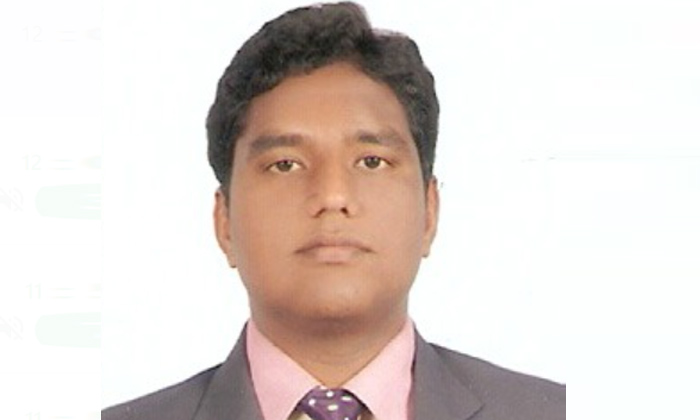The Telugu Desam Party (TDP) has taken a significant step by approaching the National Human Rights Commission (NHRC) to launch an independent inquiry into alleged human rights infringements in Andhra Pradesh.This move follows the recent apprehension of the party’s national president, Nara Chandrababu Naidu.
In a missive addressed to NHRC Chairperson, Justice Arun Kumar Mishra, TDP’s Rajya Sabha representative and esteemed advocate Kanakamedala Ravindra Kumar implored for a team of impartial officers to personally investigate the reported transgressions in the state.
“The NHRC, following their visit, should provide recommendations or directives, as they see fit, including counsel to state officials, aimed at rectifying and resolving any human rights infractions,” stated the letter.
Furthermore, it called upon the NHRC to commence legal or disciplinary proceedings against any officials found to be in error and to issue specific directives to the Andhra Pradesh government, prohibiting the profiling of voters and the collection of sensitive private information through the village volunteering system.
Ravindra Kumar beseeched the commission to instruct the police against invoking Section 151 of the Code of Criminal Procedure, which pertains to preventive detention to thwart the commission of cognizable offenses.
Such measures are often perceived as an attempt to stifle democratic protests by leaders and activists of opposition parties in Andhra Pradesh.
Ravindra Kumar’s complaint highlights a pervasive and ongoing pattern of human rights violations in Andhra Pradesh.
He asserts that these infractions are condoned and facilitated by the current state administration, with active support from the state police and other official channels.
In light of these circumstances, Ravindra Kumar believes the NHRC’s intervention is urgently required.
He emphasized that Andhra Pradesh is a relatively new state, established in 2014.However, since the ascension of the current regime to power in 2019, there has been a notable misuse of authority to quell dissent within the state.
Kumar pointed out numerous instances where the state allegedly conspired to suppress dissent, thereby infringing upon various fundamental rights enshrined in Articles 14, 19, and 21 of the Indian Constitution.These include the alleged arbitrary arrest and persecution of Chandrababu Naidu, an opposition leader, as well as the purportedly unlawful prohibition of protests by the state government.
Additionally, he cited targeted attacks on marginalized communities and women, alongside other alleged misuses of state machinery that purportedly violate fundamental rights.







